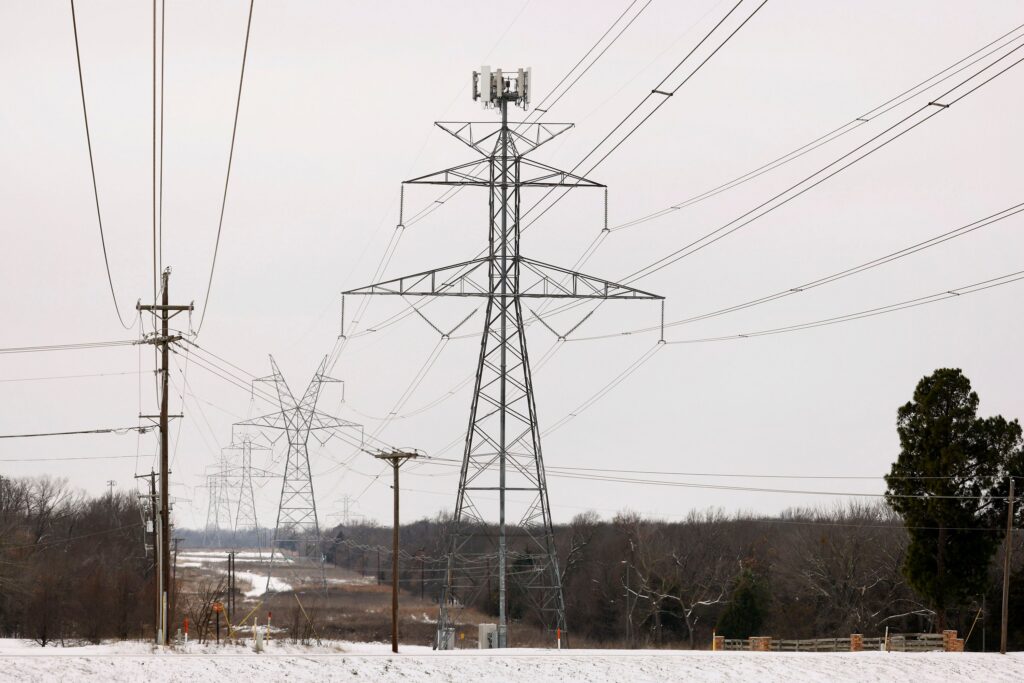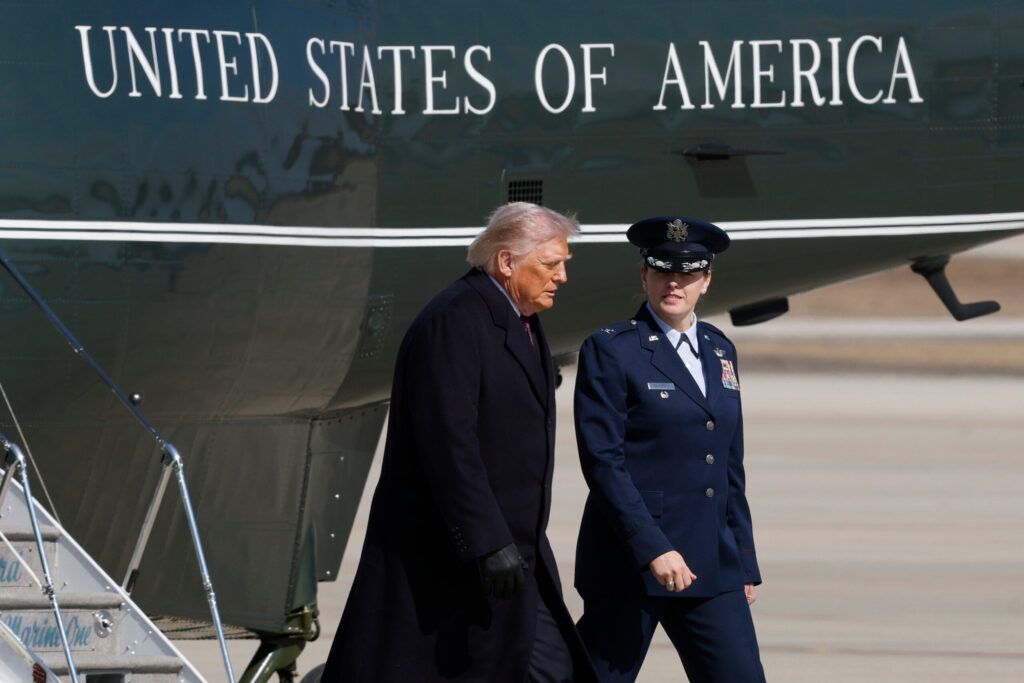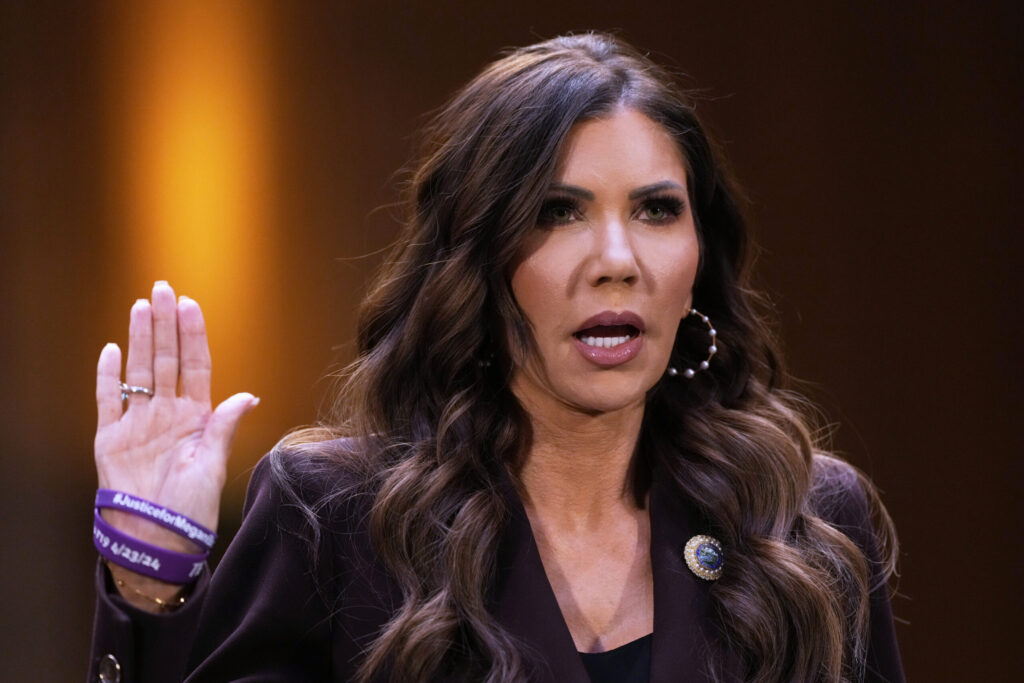Bill limiting grocers from selling hard liquor passes, heads to Colorado governor next
Colorado’s independently owned liquor stores, reeling from voter-approved wine sales in grocery stores, landed a significant victory with the passage of a bill that stops more grocery stores with pharmacies from getting into the booze-selling game.
Senate Bill 25-33, passed the full Colorado House of Representatives this week, 55-8, and now heads to Gov. Jared Polis’ desk nearly un-amended, despite significant pushback from grocers, who said any step away from wider availability of alcohol sales was a backward one.
Opponents are pressing Polis to veto the measure.
The bill stops at about two dozen the number of stores, such as King Soopers and Costco, that had acquired a quirky permit known as a Liquor License Drug Stores (LLDS) that allowed alcohol sales tied to a pharmacy.
Independent liquor store owners said the LLDS was being used as a shortcut to licenses — especially to sell spirits — that was unfairly devaluing the smaller businesses and had a hand in forcing hundreds of them to close.
“I think that’s a testament to how important this bill is to preserve and support the entire ecosystem of small Colorado businesses who rely on the independent liquor store model for their success,” said Bruce Dierking, co-founder of Hazel’s Beverage World in Boulder and a longtime proponent of independent liquor store rights. “It’s true that 5 or 6 multi-billion-dollar, out-of-state corporations oppose the bill because it stands in the way of their quest for total market domination.”
At issue is whether independent liquor stores are able to survive the competition of grocery chains selling beer, wine and, with an LLDS, spirits, which had been the provenance of the former for decades.
The liquor landscape changed significantly in 2022, when Colorado voters narrowly approved Proposition 125 that allowed grocery stores to sell wine, just a few years after they were allowed to sell full-strength beer.
Until then, grocery stores were limited to selling what was known as “near-beer” and “3-2 beer” because it could contain up to only 3.2% alcohol.
But an industry compromise happened around 2016 that laid out a number of concessions, in which groceries could eventually get more and more licenses to sell alcohol without taking the issue to voters.
That changed with Proposition 125, and store owners said the independent liquor industry hasn’t been able to recover ever since.
A Denver Gazette report in December noted that hundreds of independents were closing since Proposition 125 as a result of the competition with grocery stores, which took a turn with that industry’s use of LLDS licenses.
In addition to grandfathering existing licenses, SB25-33 limits to eight the number of licenses any one ownership group can hold. Currently, that number would increase to about a dozen in 2027 and then even more thereafter, all part of the original compromise.
“We are disappointed that the proponents of Senate Bill 33 recently rejected Colorado business owners’ calls for a compromise, even though a recent poll found that a plurality of voters opposed the protectionist measure,” said Ray Rivera, director of Coloradans for Consumer Choice. He noted that a survey the group conducted found consumers sided with them, 43% to 36%.
When Proposition 125 went into effect in March 2023, the number of stores competing to sell beer and wine literally doubled, as 1,934 outlets that sold 3.2 beer were converted. At the time, there were 1,603 licensed retail liquor stores in Colorado, state records show.
“We believe Colorado’s current system balances consumer choice, business sustainability, and safety. SB33 disrupts this balance, contradicts the will of voters, and does nothing to improve public safety.”
Dierking noted that the broader impact of Proposition 125 and LLDS licenses was something voters couldn’t easily forsee.
“From the farmers who grow the grapes and grains, to the craft brewers, distillers, and wineries, to the small and medium sized distributors, to the over 1,000 Colorado families who operate independent liquor stores and our employees, to our customers and local communities, SB-33 is about doing what’s right for the people of Colorado,” he said.
Colorado Politics Must-Reads:











